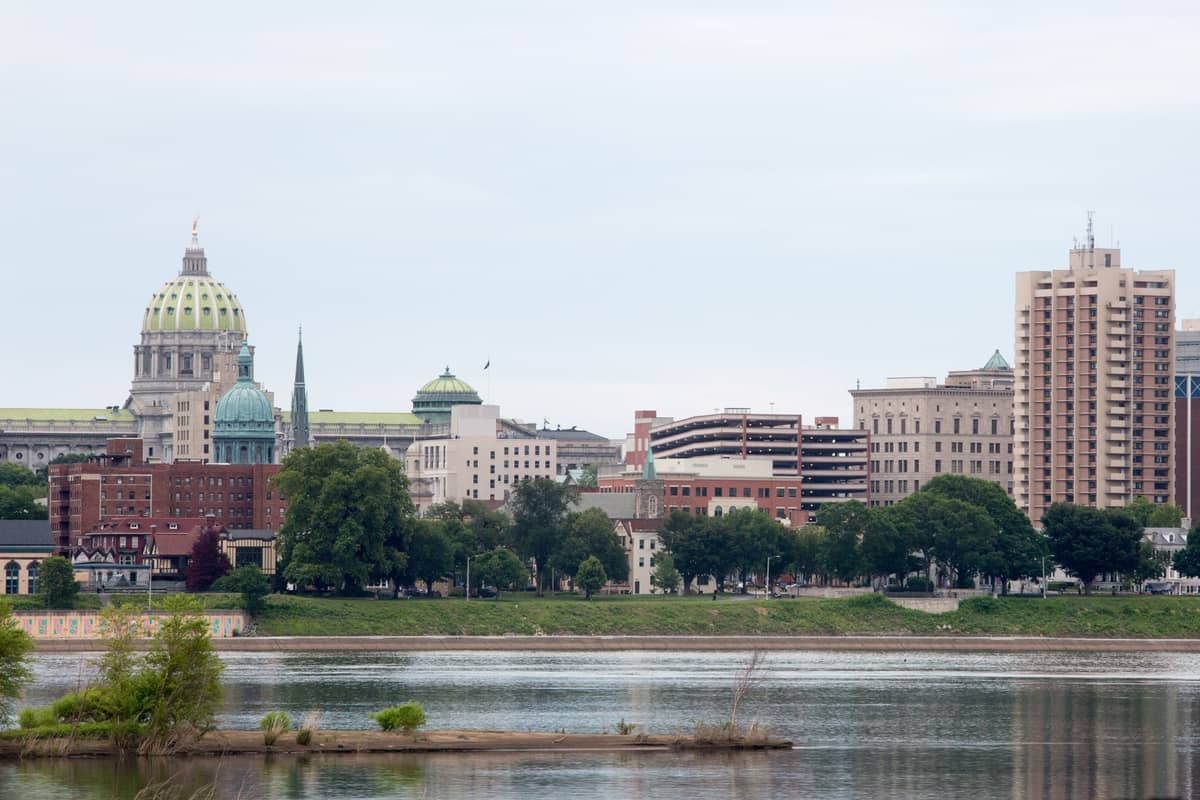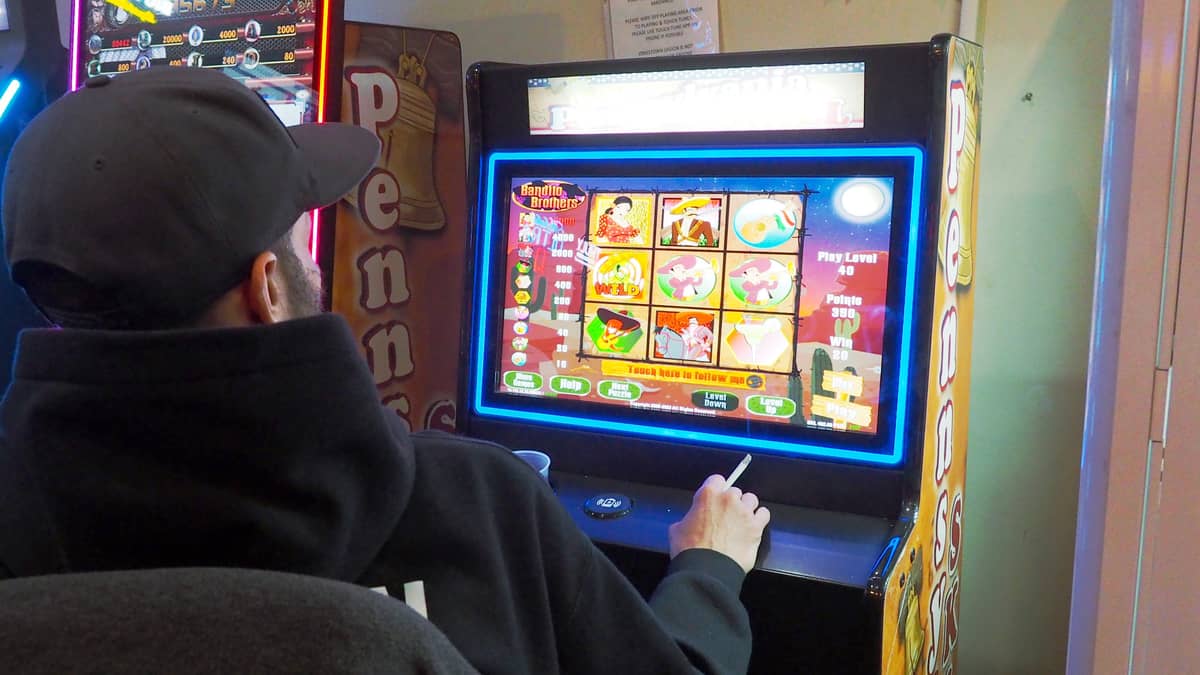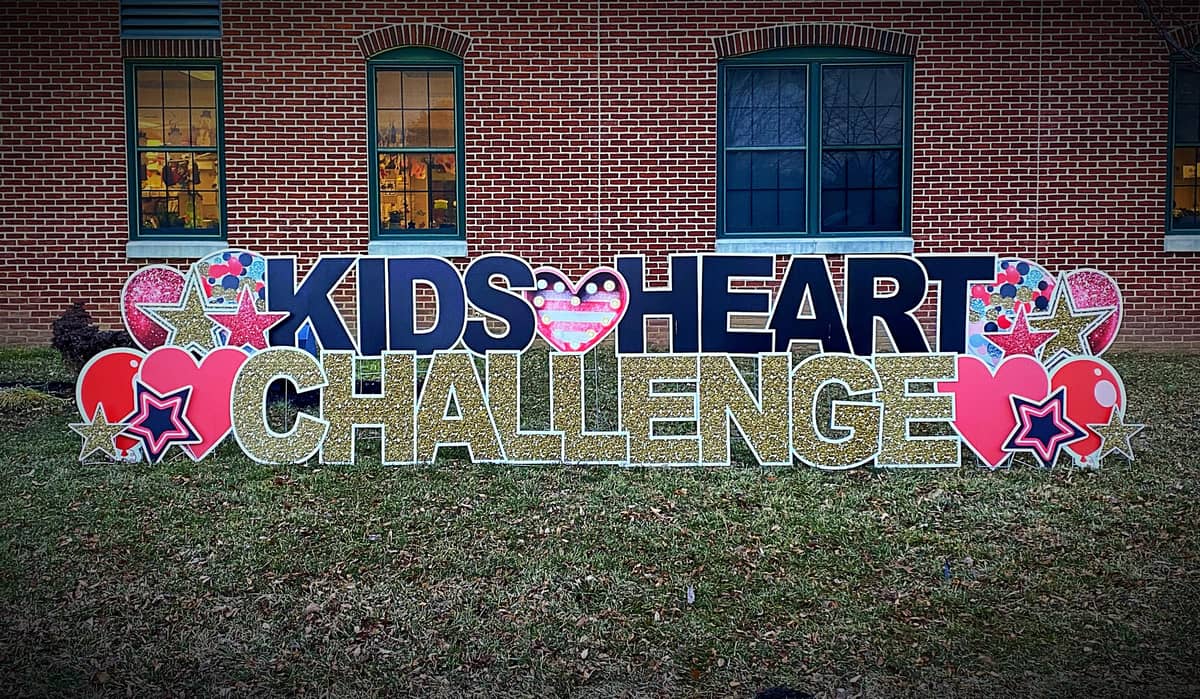This article is shared with LebTown by content partner Spotlight PA.
By Cynthia Fernandez of Spotlight PA
Spotlight PA is an independent, nonpartisan newsroom powered by The Philadelphia Inquirer in partnership with the Pittsburgh Post-Gazette and PennLive/Patriot-News. Sign up for our free weekly newsletter.
HARRISBURG — After enduring more than two months of the coronavirus pandemic, and with state revenues continuing to tank, Pennsylvania has yet to spend a dime of $3.9 billion in discretionary federal stimulus dollars intended to aid in the relief effort.
That will soon change.
This week, the legislature approved a package that will allocate $2.6 billion for a variety of purposes including providing relief to counties and hard-hit long-term care facilities. Gov. Tom Wolf signed the legislation Friday.
The pot of money is by far the largest available to the state, and the most valuable. And while it currently cannot be used to make up for lost revenues — projected to be as much as $5 billion by next June — there is hope in some corners the rules could change.
It’s also unknown if Congress and President Donald Trump will agree on another stimulus package that would provide direct cash assistance to state budgets, which might change how Pennsylvania chooses to spend the remaining $1.3 billion.
Senate Majority Leader Jake Corman (R., Centre) said this week he and other lawmakers are waiting to see what Washington will do.
“Obviously, we have a large gap in our revenue collections and our revenue projections for this fiscal year,” he told reporters Thursday. “And then it’ll be a large gap next year as well, because of the lack of revenue because of the economic shutdown.”
The first round of funding was provided through the Coronavirus Aid, Relief, and Economic Security (CARES) Act, a $2 trillion package hastily written by Congress with money for small businesses, recently unemployed workers, and industries impacted by the pandemic.
The act created a $150 billion Coronavirus Relief Fund for states and localities “to address unforeseen financial needs and risks created by the COVID-19 public health emergency,” according to the U.S. Treasury. Of that, $4.9 billion was earmarked for Pennsylvania, with $1 billion going directly to the state’s seven largest counties.
Wolf has the authority to decide how the remaining $3.9 billion is spent, but pledged to work with the legislature.
Click here to donate to Spotlight PA
The package passed by the General Assembly and signed by Wolf spends $2.6 billion of that money. Under the plan, 60 Pennsylvania counties that previously didn’t receive stimulus dollars will each get a cut of $625 million based on population.
The measure also appropriates $255 million for small businesses and $175 million to prevent foreclosures or evictions brought on by hardships because of the coronavirus pandemic. Daycares and other child-care services will receive $116 million.
Hard-hit long-term care facilities will get $632 million distributed through the Department of Human Services based on formulas that account for the number of beds and similar factors.
As of Friday, more than 15,000 nursing home residents have become ill with the virus, and 3,517 have died. State officials have announced plans to increase testing at these nursing homes, but some facilities have balked, saying they need more cash assistance.
The package passed this week also creates regional health collaboratives and tasks academic medical centers with assisting long-term care facilities, an idea developed by Speaker Mike Turzai (R., Allegheny) in consultation with UPMC and health-care experts in Pittsburgh.
The Department of Human Services will be tasked with implementing the plan. Turzai previously said academic medical institutions are the only entities with the expertise to step in.
“They should have been consulting with these experts right from the beginning,” he said of the state.
Still, there are lingering questions about accountability. While the package passed this week does provide details on how the funds can be spent, it’s short on specifics about how recipients’ use of the money will be monitored.
In a report last week, the U.S. Department of the Interior warned that “accurate and timely review of performance and financial reports” will be vital to providing oversight of CARES Act money.
“Awards made as part of emergency response are riskier than normal because they are awarded quickly and often without competition, and have a higher purchase threshold than other acquisitions,” agency officials wrote.
What Wolf and the legislature will do with the remaining $1.3 billion in discretionary money remains to be seen. The General Assembly this week also passed a short-term budget that flat-funds the government and its services for the next five months. Lawmakers say this will buy time to get a clearer picture of the strain placed on Pennsylvania’s finances by the state’s efforts to slow the spread of COVID-19.
It could also provide time for more clarity on how the stimulus money can be spent, and what more might be coming from the federal government. Some federal lawmakers, including members of Pennsylvania’s Republican House delegation, are pushing to allow the money to be spent on lost revenue.
Separate from the discretionary money, state agencies have also been awarded $2.5 billion in federal dollars earmarked for specific purposes, according to a breakdown provided by the Wolf administration.
The Department of Health, the agency at the center of the state’s response, has received $72.8 million for several purposes including epidemiology and laboratory surveillance and response. The Department of Education received $523.8 million to provide relief to schools, while the Department of State received $14 million to cushion costs related to the 2020 election.
Thus far, $653.6 million has been appropriated or committed by state agencies or offices.
All told, the federal government has injected $78 billion into the state’s economy in response to the coronavirus pandemic, according to a report by the Independent Fiscal Office. That number includes forgivable loans provided to small businesses through the Paycheck Protection Program and the $1,200 stimulus checks sent directly to residents.
Rebecca Moss of Spotlight PA contributed to this article.
100% ESSENTIAL: Spotlight PA relies on funding from foundations and readers like you who are committed to accountability journalism that gets results. If you value this reporting, please give a gift today at spotlightpa.org/donate.
Read all of LebTown’s COVID-19 coverage here.
Is there a story you think LebTown should report? Let our newsroom know using the form below.
Help us provide journalism Lebanon County needs.
If you are thankful for LebTown, consider joining as a member. Members get an inside look at our publishing schedule each week, plus invites to a members-only Facebook group and happy hours.
Learn more and join now here.
Subscribe to our newsletter for updates each weekday at 3 p.m.























